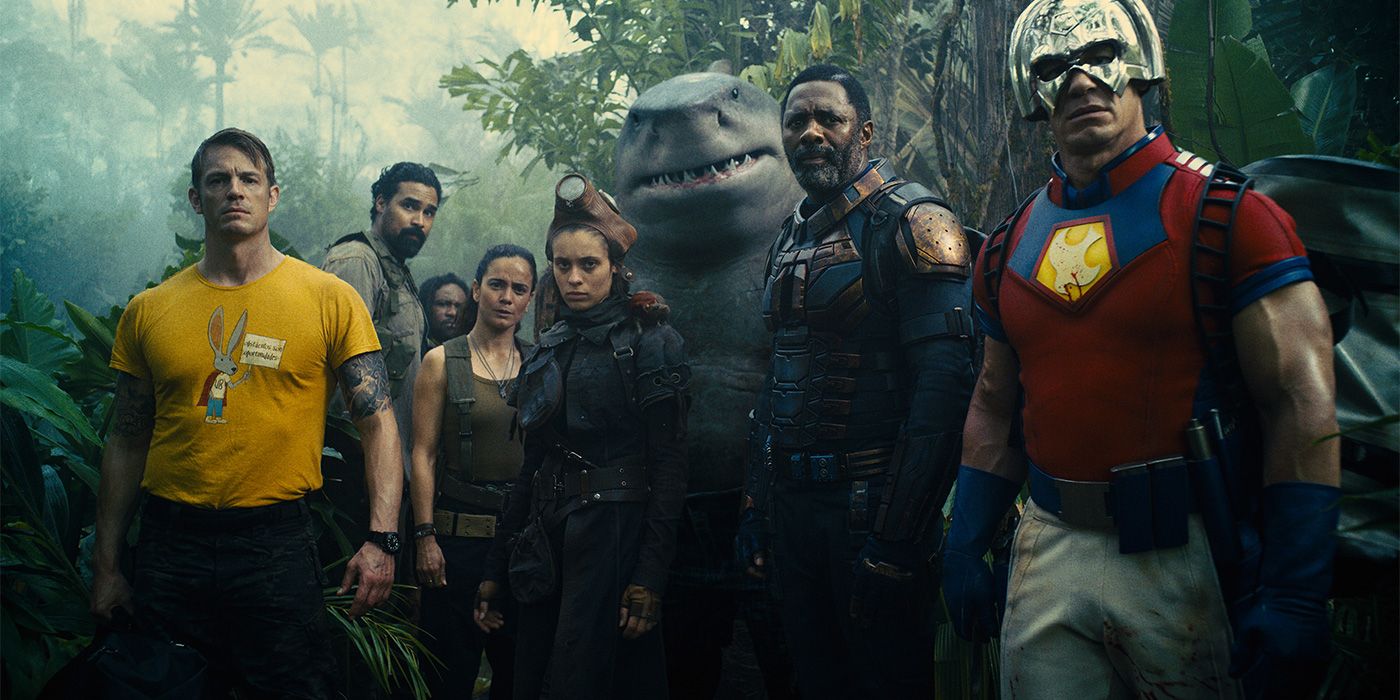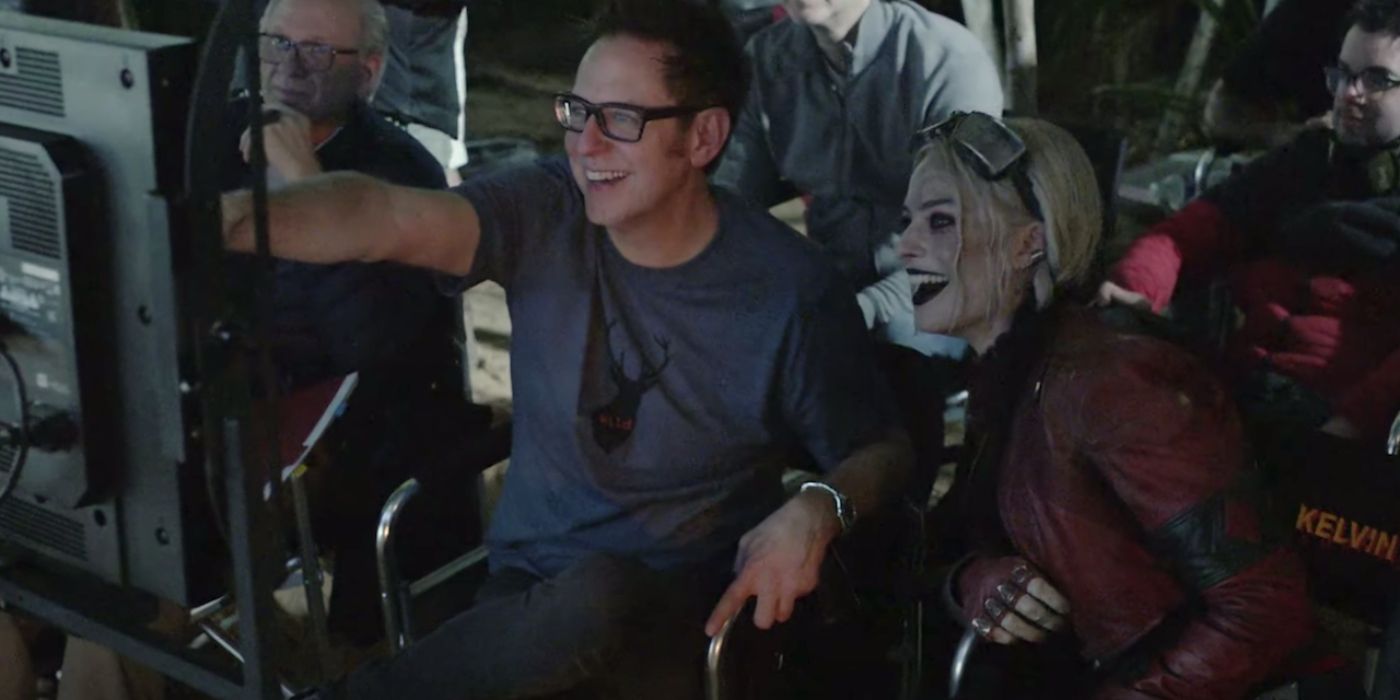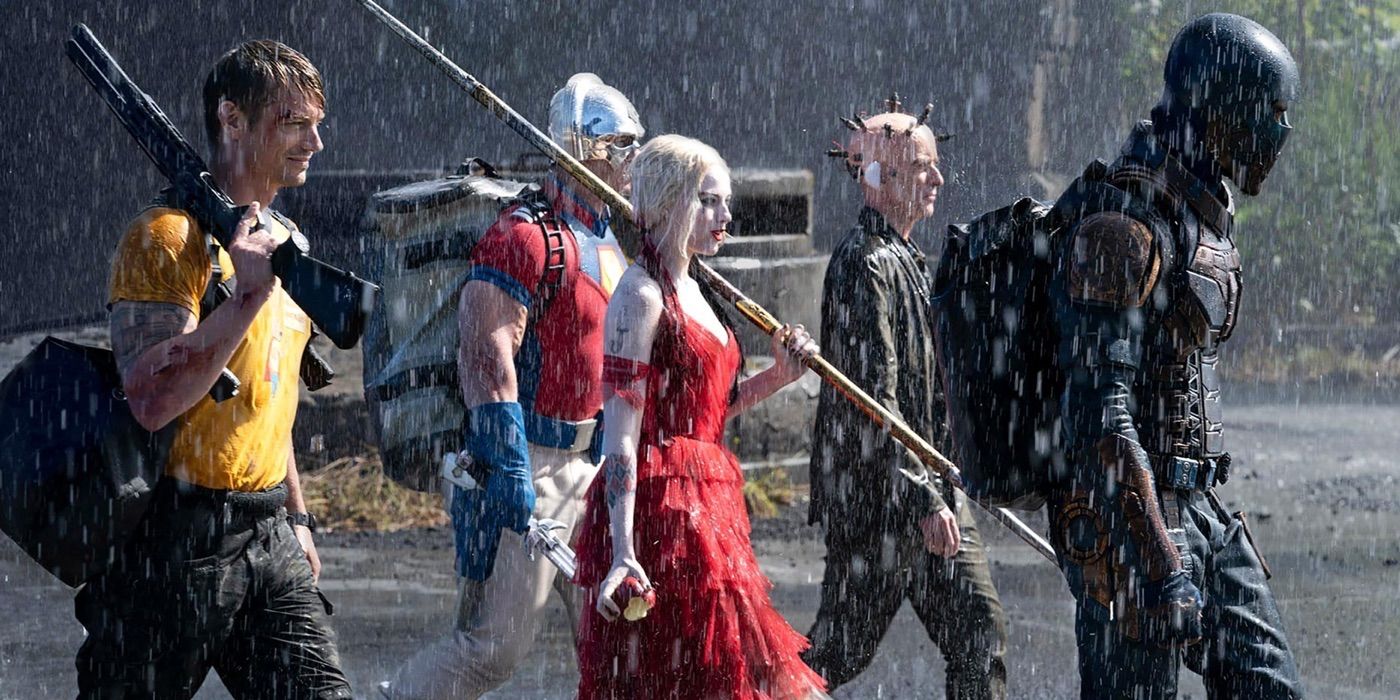The DCEU has had a rocky path from the very beginning. Man of Steel was never intended to be the first chapter of an extended universe, but the Superman origin story had to be repositioned as the Iron Man of the DC Universe following the success of The Avengers. Batman v. Superman: Dawn of Justice and Suicide Squad represented early failures of Warner Brothers trying to force a cinematic universe upon an audience that hadn’t fallen in love with the characters yet. In fact, the most successful recent DC projects, Joker and The Batman, take place in their own standalone continuities.
However, Warner Brothers seems to be taking another stab at a connected universe by hiring their own Kevin Feige. It was recently announced that James Gunn and Peter Safran were named Co-Chairmen and Chief Executive Officers of DC Studios, a new venture that will develop a 10-year plan for the future of the franchise. Given the reaction to the cancelation of Batgirl, the return of Henry Cavill as Superman, and the controversies with The Flash, Gunn and Safran will have a lot on their plate in the coming years.
Gunn Knows How to Make Continuity Work
However, Gunn is a veteran of comic book lore who knows how to work around continuity. His Guardians of the Galaxy films were able to retain their own identity without contradicting any of the MCU’s ongoing storylines. He had an even more difficult task on his hands with The Suicide Squad, as its predecessor has been one of the worst-reviewed comic book movies in history. Gunn was able to retain the aspects of the first Suicide Squad that had potential, yet swung in his own direction. He proved that continuity could be a benefit and not a burden.
The Suicide Squad is only a sequel in the most basic sense. Gunn didn’t have to explain the premise of what Task Force X was because the audience was already familiar with it, which gave him the opportunity to jump right into the story quickly. Gunn almost lovingly mocks what came before: Viola Davis’ Amanda Waller was a self-serious extremist in the first film, but here she’s just a bored executive who is now annoyed with the quirky criminals that she employs.
The Potential in Character
Despite the intensely negative reaction to Suicide Squad, everyone seemed to agree that Margot Robbie’s performance as Harley Quinn was everything that fans of Batman: The Animated Series could have asked for. She got an excellent spinoff of her own with Birds of Prey, which sadly underperformed, as it was released shortly before COVID-19 shutdowns began. While Gunn wasn’t involved with Birds of Prey, he retained the direction of the character that Cathy Yan had taken. Harley isn’t treated as a sexual object, and even finds joy in making toxic men like the dictator Silvio Luna (Juan Diego Botto) pay for their crimes. It seems like Harley hates Jared Leto’s Joker as much as everyone else did.
Gunn also understood the potential of Rick Flag (Joel Kinnaman). Although Flag was given a turgid romantic storyline in the first film, the idea of a military veteran who has to question his loyalties and service was an interesting one. Gunn spent more time developing this aspect of the character as Flag learned about the United States military’s secret experiments. While Flag’s sour attitude stuck out like a sore thumb in the first film, it was amusing to see his constant annoyance with characters like King Shark (Sylvester Stallone) and Peacemaker (John Cena).
With Bloodsport (Idris Elba), Gunn essentially gave the audience a soft reboot of Deadshot (Will Smith). Introducing a new character allowed Gunn to have freedom, but he used some of the qualities that had made Deadshot interesting in his conception of Bloodsport. The Suicide Squad shows Bloodsport’s struggles as a father, and while the first film basically treated this as the only reason to care about the character, Gunn made it feel essential to Bloodsport’s progression. He learns to accept the responsibilities of fatherhood as he becomes a leader of his quirky family in Task Force X.
Improving on the Past
Gunn was able to take some of the stylistic choices that David Ayer made in the first film and revamp them. The insertions of music felt odd in Suicide Squad; why did we need a minute of “Without Me” when the squad is getting changed into their uniforms? Gunn was able to indicate the tonal differences with fun soundtrack choices that made sense within the context of the story and themes. “Folsom Prison Blues” is a great way to introduce characters that are coming out of prison, and "Point of Know Return" speaks to the gray morality of the characters. Gunn’s choices felt more unique; he wasn’t just using familiar tracks like “Bohemian Rhapsody” or “Fortunate Son” after they’d already appeared in countless other films.
The DCEU’s early films had potential that sadly just wasn’t taken advantage of. That being said, ditching the entire continuity and rebooting the universe would be a mistake given the numerous ideas, storylines, and characters that did have potential. Suicide Squad has a great concept, and Ayer sadly wasn’t able to make the film that he had envisioned. The Suicide Squad showed that Gunn could continue what came before without sacrificing his stylistic impulses. If this is the direction that the DCEU is going, then it has a bright future ahead of it.



